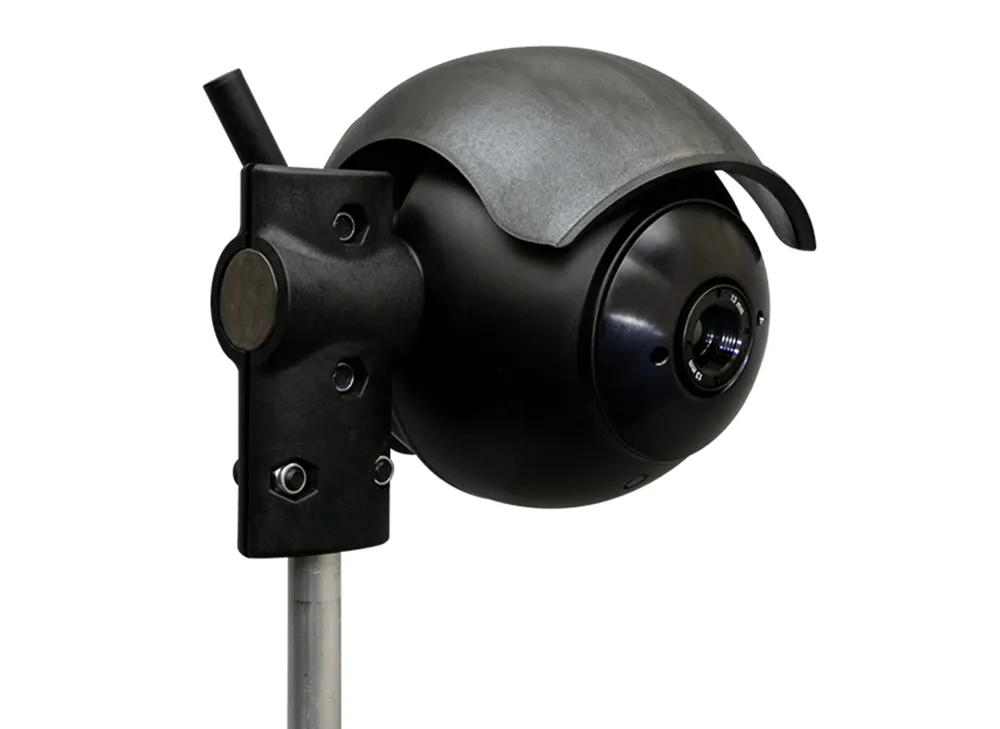
The increased use of artificial intelligence is among the key trends which will shape transportation and mobility systems this year and beyond, according to a new report from Yunex Traffic.
Trend Report 2025: ITS Industry in the Intelligent Age suggests there will be a rise in cloud adoption, enhanced connectivity, and AI-enabled solutions that have moved from testing to deployment, reshaping connected mobility with a focus on security and real-time data.
Philipp Hahn, Yunex chief technology and operations officer, says the report showcases progress as well as outlining challenges: "Next-generation technologies have been implemented, validated, and are delivering tangible results today, providing a strong foundation for future advancements."
There is no need to reinvent the wheel; the industry can instead "deploy forward-looking solutions to address the sector’s major challenges by building on the solid groundwork laid in recent years".
The report includes contributions from industry figures such as Carl Eddleston, director of network management and resilience at Transport for London (TfL), who talks about the benefits of replacing traditional bulbs in signals with LEDs.
Meanwhile, Ertico - ITS Europe CEO Joost Vantomme says: “Data sharing is at the core of the transformative shifts we see in the transport and mobility industry. By increasing connectivity and enabling faster, more accurate information flows, we can make real-time decisions that directly support efforts towards more sustainable and more efficient mobility."
Among the insights in the report are that this access to mobility data will drive cloud adoption, along with a greater need for cybersecurity, and growing demand for flexible and scalable computing power.
Moreover, AI is no longer at the testing stage, and Yunex believes the ITS sector "witnessed a major leap in AI development in 2024". It gives several examples of where its own AI-enabled image recognition solution Yutraffic awareAI is improving road safety for cyclists.
Digital twins are also providing enhanced predictive capabilities, the report says, and points to the ability of real-time data from connected devices to improve modelling.









